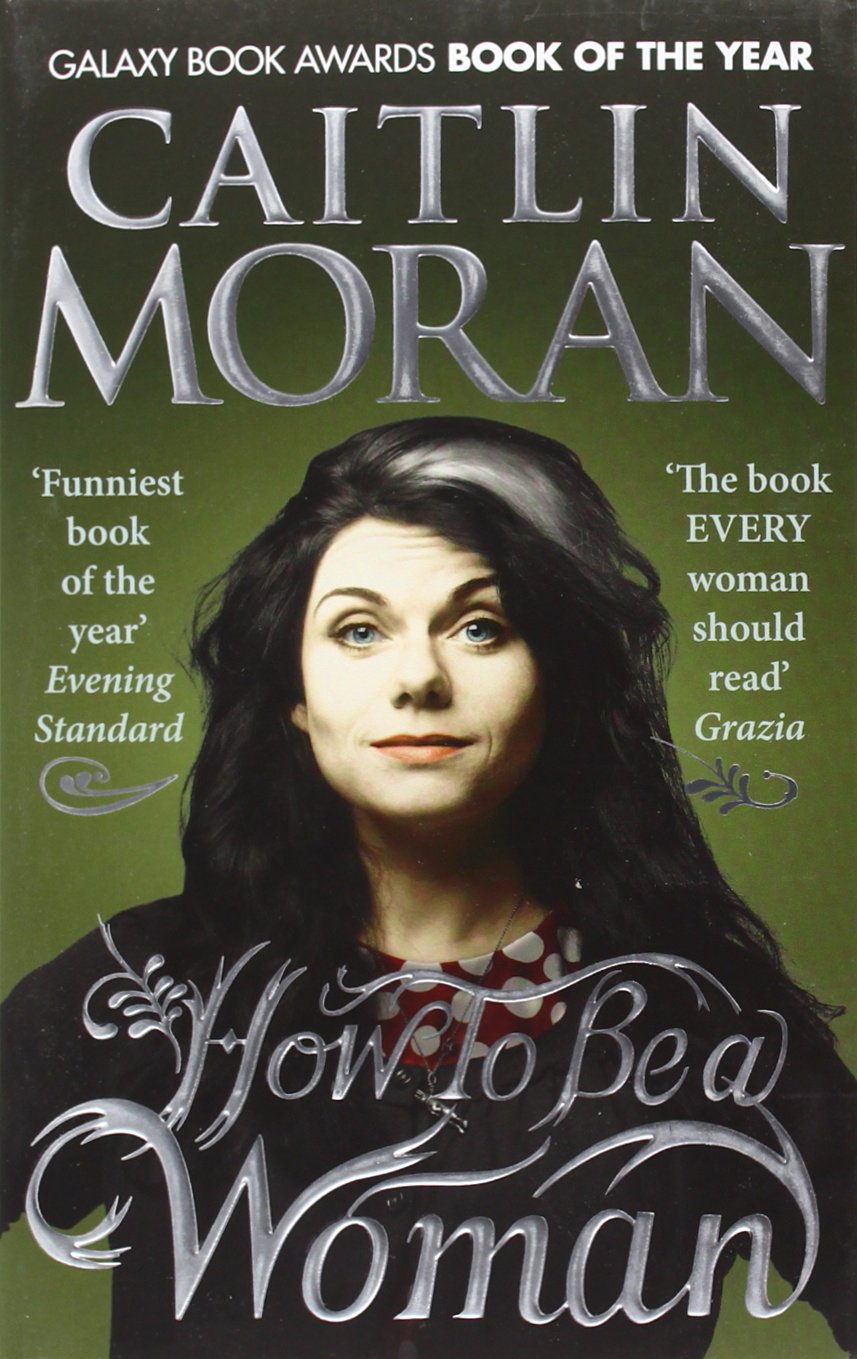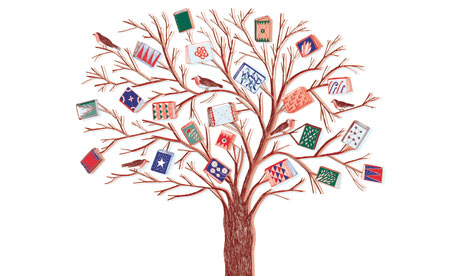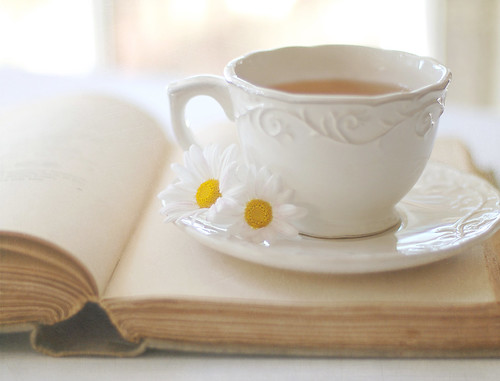‘All the world’s a stage,
And all the men and women merely players;
They have their exits and their entrances,
And one man in his time plays many parts,
His acts being seven ages.’William Shakespeare, As You Like It.
I’ve finished reading Between the Acts and, just like the story itself, it only took one day. I always find that I read Woolf’s books quickly – I think there’s something in her style of writing that sends me snowballing through the words. Also, plot is not the be-all-and-end-all of Woolf’s books and so one doesn’t have to spend time taking in events and their cause and effect as you do with other authors.
 But what did I make of Between the Acts? Like all of Woolf’s books that I’ve read so far it takes some digesting (hence the delay in posting my review). I enjoyed reading Between the Acts, perhaps not so much as Mrs Dalloway or Orlando, but I did enjoy it. I think Woolf is a very acquired taste – it’s certainly not going to float everybody’s boat, so to speak. If you’re after a linear plot, characters who explain themselves and some sort of immediately discernible sense in the events which transpire on the page then you won’t like Woolf, that’s not what she’s about. Woolf’s writing is haphazard and eclectic, appearing as if she has merely dropped ideas and characters onto the page and is, herself, waiting to see how they turn out. There’s no rhyme or reason. There’s no obvious purpose for the story. Between the Acts very much conveys the impression to the reader that they’ve just woken up and found themself a fly on the wall in the lives of the Oliver family. You’re allowed a glimpse of one day, and that’s all, don’t be greedy; but you can discern a lot about people in one day. Though we are very much held at arm’s length, and encouraged to merely observe the story’s characters, the act of observation is not without its rewards.
But what did I make of Between the Acts? Like all of Woolf’s books that I’ve read so far it takes some digesting (hence the delay in posting my review). I enjoyed reading Between the Acts, perhaps not so much as Mrs Dalloway or Orlando, but I did enjoy it. I think Woolf is a very acquired taste – it’s certainly not going to float everybody’s boat, so to speak. If you’re after a linear plot, characters who explain themselves and some sort of immediately discernible sense in the events which transpire on the page then you won’t like Woolf, that’s not what she’s about. Woolf’s writing is haphazard and eclectic, appearing as if she has merely dropped ideas and characters onto the page and is, herself, waiting to see how they turn out. There’s no rhyme or reason. There’s no obvious purpose for the story. Between the Acts very much conveys the impression to the reader that they’ve just woken up and found themself a fly on the wall in the lives of the Oliver family. You’re allowed a glimpse of one day, and that’s all, don’t be greedy; but you can discern a lot about people in one day. Though we are very much held at arm’s length, and encouraged to merely observe the story’s characters, the act of observation is not without its rewards.
I think Woolf chose her title for Between the Acts very shrewdly. At the start of my post I chose to quote Shakespeare, I feel that this quotation goes some way to explaining what Woolf was trying to say in Between the Acts. The events of the story take place in one day in 1939 when Britain was wavering on the cusp of war and there is certainly a sense of foreboding within the narrative. A sense that the age-old way of life is about to be shattered. The characters themselves are transient, the landscape older than the story being told. The pageant which takes place every year in the gardens of the Oliver’s home commences and is packed away – leaving the field bare once more. This year’s pageant play (that we witness in Between the Acts) tells the story of England from the beginning of time – we see the ordinary men and women of the neighbouring villages take on the roles of great and influential people throughout history. There’s something rather nostalgic about it and also something eerie – a sense that soon nobody will be ordinary and the war will cast everybody to play a part for England.
At the end of the pageant the actors and actresses on stage cleverly become the audience and the audience members are forced to become the players – their rows of seats the new stage. This I think is one of the strongest and most potent metaphors in Between the Acts, every age of England is played out for the audience’s delectation, but it is their turn to decide the plot of the present age, they must take control of the narrative now. The characters themselves are aware of the roles they must play, perhaps not consciously, but the patterns of their thoughts reveal a great deal about the roles they each play within the society in which they live. However, it is also their roles as parent, spouse, friend and lover that we see. Take Isa Oliver, for example, the constant refrain of her thoughts beats clearly. Every time she spies her husband an almost involuntary tic rears itself and the thought, he is ‘the father of my children’ must be driven home.
 The story’s final line reveals all: the play is over, the characters are alone, and yet Woolf writes, ‘The curtain rose. They spoke’. It’s quite a sad and menacing idea really. We are forced to reflect on the characters as actors involuntarily playing parts in some perverse puppet show, quite who Woolf’s puppeteer is isn’t clear. Although, I think that the story owes a lot of its menace to the time and environment in which Woolf was writing. As bombs fell and war raged overhead, Woolf and her Jewish husband, Leonard, must have felt a real sense of powerlessness and fear for the future. I think it is these emotions which drive the narrative of Between the Acts so that a book which is ostensibly about a summer pageant in the garden of a rich Englishman’s home becomes something far more threatening.
The story’s final line reveals all: the play is over, the characters are alone, and yet Woolf writes, ‘The curtain rose. They spoke’. It’s quite a sad and menacing idea really. We are forced to reflect on the characters as actors involuntarily playing parts in some perverse puppet show, quite who Woolf’s puppeteer is isn’t clear. Although, I think that the story owes a lot of its menace to the time and environment in which Woolf was writing. As bombs fell and war raged overhead, Woolf and her Jewish husband, Leonard, must have felt a real sense of powerlessness and fear for the future. I think it is these emotions which drive the narrative of Between the Acts so that a book which is ostensibly about a summer pageant in the garden of a rich Englishman’s home becomes something far more threatening.
I would recommend Between the Acts, but would caution that in order to fully feel and understand the story you have to appreciate the period and setting and consider the impact they have. It is the time and setting which determine the plot of Between the Acts and not the characters. They, as Shakespeare wrote, are merely players being prodded and moulded until they play their roles without question or complaint.
I move on to The Pursuit of Love, by Nancy Mitford.



























